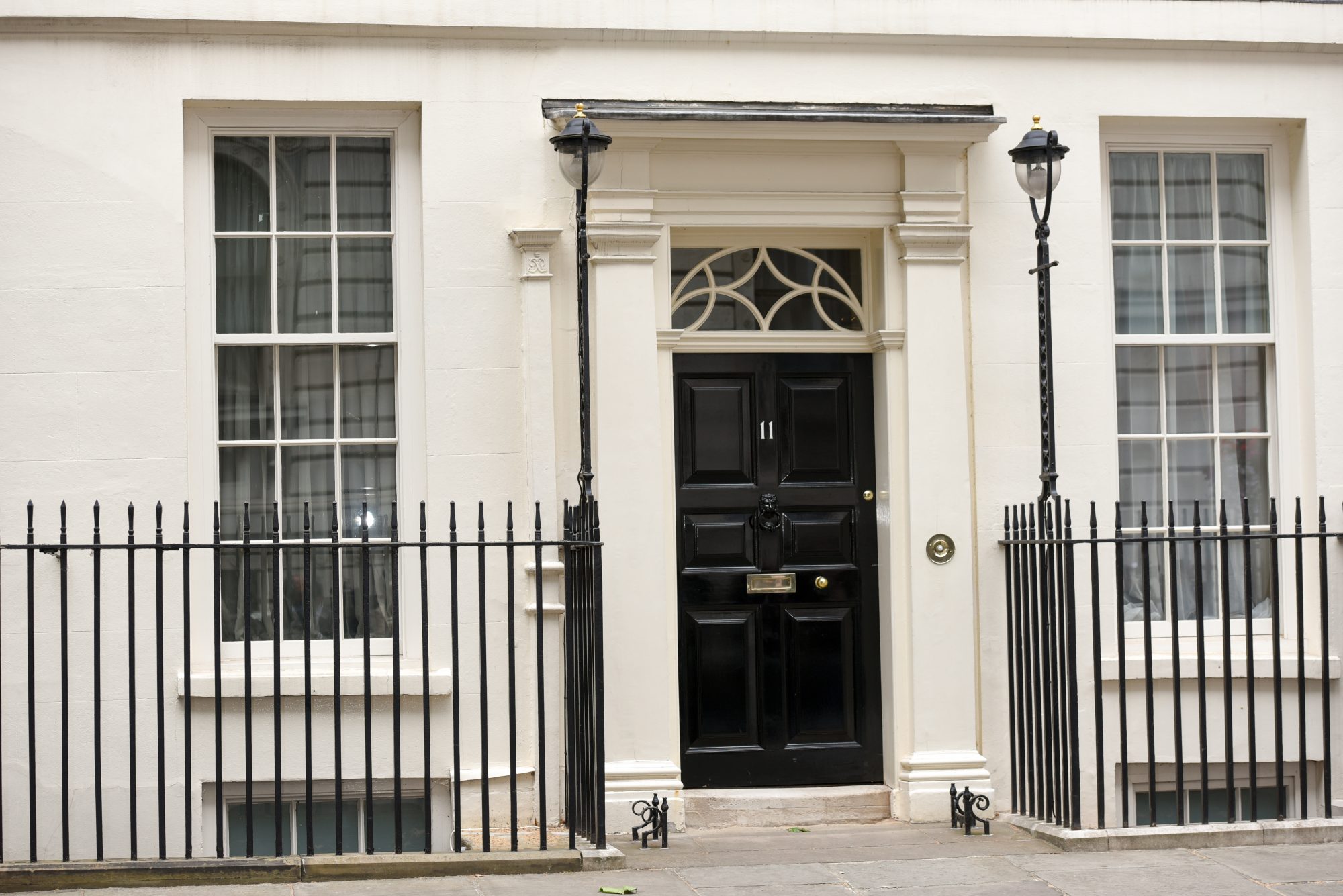With the economy settling back towards something of a natural rhythm and a general election now in focus, you may be fooled into thinking that the Chancellor has room for manoeuvre and the Autumn Statement will have the feel of a traditional pre-election budget. However, a survey by accountancy and business advisory firm, BDO, suggests a significant number of C-suite executives expect to end up paying more in the longer term and few are expecting to see any magicians hats and rabbits around the despatch box on 22nd November.
The reality is with inflation only just having started to drop closer to the Bank of England’s target rate of 2%, any short-term headline grabbing giveaways will be overshadowed by rises elsewhere. We may very well see some tinkering around the edges but from a business perspective we are highly unlikely to see changes to any of the main rates of tax e.g., income, corporation, or VAT.
Targeted Interventions
Regardless of the state of the economy, as a Chancellor, Jeremy Hunt is more of a targeted interventionalist and will have learnt much from his predecessor Kwarsi Kwarteng’s shambolic attempt to make massive wholesale change to fiscal policy and key taxes. Now is not the time to rock the boat again and the Chancellor will be well aware of this as he pulls together the final threads of the Autumn Statement.
So, what we are likely to see, is a series of smaller changes from a business perspective. These will likely be focused on specific sectors and promoting growth in new technologies. For instance, we may see him doing more around R&D, tax breaks and relief focused on carbon offsetting and changes to the capital allowances for investment purposes.
HMRC to get a boost?
There have been many calls for additional funds for HMRC to improve its service levels. Whilst they’ve never set the world alight from a customer service perspective, current service levels and response times are anecdotally at an all-time low, leading to frustration for businesses and importantly for the treasury, delays in collections. They are still dealing with covid backlogs on top of an increasing line-of-business in tray. Making Tax Digital (MTD) is still in implementation phase and the utopian vision for that seems to be getting further away, not closer, as key stages have had to be delayed, some indefinitely. With accurate calculation and collection of taxes likely to be a key means of facilitating a potential last-minute giveaway prior to an election, expect HMRC to get some mention and support.
Both Jeremy Hunt and PM Rishi Sunak have spoken about tax simplification. This is likely to come up again as they not only try to make it easier for themselves, but also for taxpayers, both corporate and personal, to navigate the tax system. They also want to continue to closing loopholes that are deemed to be costing the treasury. But tax simplification does not mean lower taxes and every tweak of the tax system sees winners and losers.
Voter Targeting
If there are to be any headlines, expect these to be more consumer focused than anything to support businesses. Lest we forget that election on the near horizon and the fact that businesses don’t vote, people do. In particular, attention will be given to trying to shore up the voters won in the 2019 election in the so-called Red Wall seats. Whilst many of these voters will undoubtedly be suffering from buyer’s remorse having watched the omnishambles that has ensued, the Conservatives will be keen to try and limit their losses. They’ll also be keen to remind their lifelong traditional voter base that they’re still a solid option. To appeal to both audiences simultaneously, they’ll need to be backing two very different horses. The most obvious options would therefore be the National Minimum Wage (NMW) and Inheritance Tax (IHT).
IHT has been up for debate for some time and there seems to be a willingness to abolish it – maybe now is the time? IHT remains one of these funny taxes that appals the majority but only applies to a minority of taxpayers – typically higher earners – less so working- and middle-class families. But abolishing it will have universal appeal and will win hearts and minds with dyed-in-the-wool Tories – especially those with landed estates and facing IHT bills!
The NMW remains a perennial feature of each budget as successive chancellors/governments seek to keep pace with the rising cost of living. But an easy and some may say cynical ploy to win some votes ahead of an election would be a sizeable increase that reflects the higher cost of living of the last 12-24 months. As noted above, this may underline the BDO survey sentiment, as any increase in the NMW will be shouldered by businesses, not the government, and so a gesture to win votes ends up costing companies in the long term. It’s therefore very easy for the Chancellor to use this because it costs him very little directly.
The 2023 Autumn Statement is due to be delivered on Wednesday 22nd November.
